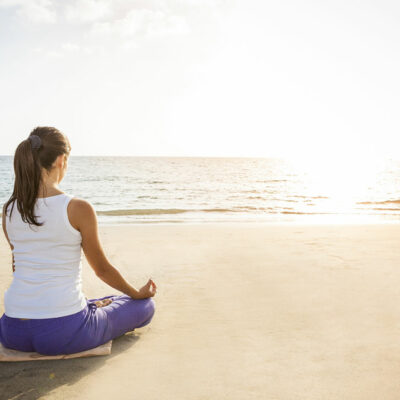
Alternative Lifestyle Changes to Manage ADHD
There is a rampant increase in the number of people – both children and adults – being diagnosed with attention-deficit hyperactivity disorder (ADHD). ADHD makes it difficult to stay seated, concentrate, listen, retain, process or recall information, which are all the skills required by children to get through an average day at school or for adults to manage their work life.
While technology is commonly blamed for this, irrespective of the cause, it does certainly exacerbate symptoms. Doctors believe that the rise in numbers is simply because we are better at diagnosing it than in previous years.
The most common treatment plan is a combination of medication and cognitive-behavioral therapy (CBT). Most ADHD medications are stimulants, which come with side effects that affect sleep, cause mood swings, anxiety and depression, headaches, dizziness, increase blood pressure, decrease appetites, etc. Cognitive-behavioral therapy focuses on managing everyday challenges – from time management, organization skills, developing social intelligence, handling anxiety, and depression. Essentially, trying to equip people with the necessary skills to navigate life.
Recent research and clinical observations have shown the positive impact of alternative lifestyles in managing ADHD. These include:
Mindful meditation
This helps reduce hyperactivity and inattentiveness as well as manage other problems that usually coexist with ADHD, like anxiety and depression. Learning how to meditate, joining a guided meditation program or a yoga group may help people with ADHD manage their symptoms better.
Exercise and sports
These aid neural development by promoting the production of neurotransmitters, the chemicals produced by brain cells that help them communicate with each other. It also provides stress relief and is an outlet for pent-up energy, which can help manage hyperactivity. More importantly, it provides the opportunity for the development of social intelligence, especially during team sports or games. Understanding and adhering to rules, sportsmanship, appropriate behavior, and response mechanisms are all worked on, while at play.
Good sleep hygiene
There are sections of the medical fraternity who believe that ADHD is simply a misdiagnosed sleep disorder. Even if that is not the case, those with ADHD typically have poor sleep – both in terms of quality and quantity. Physicians stress the importance of keeping a fixed sleep time and designing a sleep-time routine that works for you. Whether that includes a warm bath, some calming tea, reading a book or listening to some music. It has also been established that restricting screen time and eliminating the consumption of stimulants a few hours before bedtime, improves the quality of sleep.
Diet plan
A well-balanced diet, high in protein, complex carbohydrates, vitamins, and minerals is essential to managing the symptoms of ADHD. Zinc, magnesium, and iron are particularly important in improving attentiveness and have a calming effect on the brain. The inclusion of omega-3-rich foods or supplementing it has shown a substantial improvement in ADHD symptoms.
What’s also critical is eliminating sugar, sugar substitutes, as well as processed food that is high in artificial colors and preservatives, artificial flavors and flavor enhancers, which have all been shown to exacerbate the symptoms of ADHD.
Alternative medicine
Herbs like ginkgo and ginseng are cognitive activators, used in alternative medicinal systems. These come without the side effects of typical ADHD medication.


